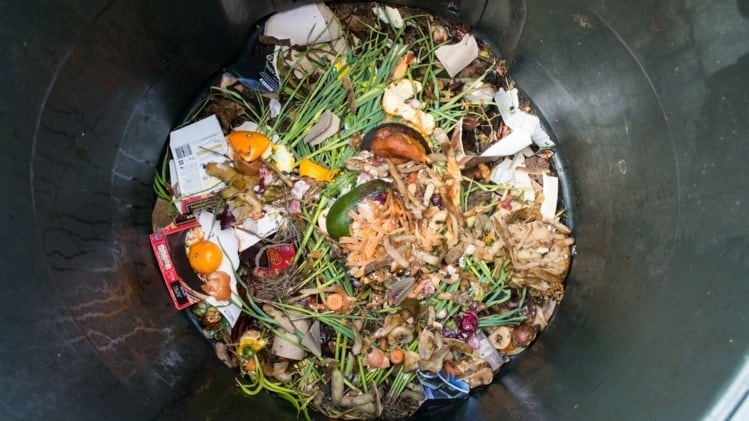Japan introduced the local Act on Promotion of Food Loss and Waste Reduction back in 2019 in an effort to prevent unspoilt food from going to waste, with public and private industry campaigns and policies placing a lot of attention on foods such as sushi rolls and also expiry date labelling standards.
One major goal within the government’s many initiatives has been towards the national target of having 80% of the Japanese population aware of and taking concrete actions to reduce food waste and food loss.
“We conducted the second Consumer Lifestyle and Awareness Survey amongst 5,000 men and women aged 15 years and above in Japan [earlier this year] with questions focused on food loss and food waste,” the local Consumer Affairs Agency (CAA) said via a formal statement.
“After tallying the percentage of consumers who responded that they are aware of this food waste and food loss issue, and are also taking steps to reduce this, we found that a total of 76.7% of participants are actively doing this.
“This is in line with the government’s goal to have 80% of all consumers aware of and taking action to address the food waste issue by 2025.”
When asked solely about their awareness of this issue, 25.6% of all respondents claimed to be very knowledgeable about the food wastage situation in Japan, and 55.2% said they had some extent of knowledge about it.
“If categorised by age, we found that older consumers in their 70s and above were the ones with the highest levels of awareness at 90.7% in total have some or a lot of knowledge about food waste,” the agency added.
“The group with the lowest awareness were consumers in their 20s at 69.2% [so more targeted education may be needed for this group], but there is high awareness in consumers between 10 and 20 years of age at 83.9%.”
Improvements still appear to be needed in terms of awareness with regard to best-before and expiration dates for food products, as a total of 22.9% of respondents said they had little to no understanding of the changes and implications of these at all.
“There is also a need in Japan to encourage increase surplus food donations by consumers to prevent food waste, but there still remains concerns especially revolving around food safety,” CAA added.
“As of this survey, 36.2% of respondents flat-out stated that they do not wish to donate their surplus food, even with the establishment of conveniently-located boxes for this purpose at supermarkets and local government facilities.
“Similarly, food safety concerns are also preventing many consumers from initiatives such as taking back unfinished food from eating out – 36.1% of respondents said that it is ‘unavoidable’ for stores to disallow takeouts considering the risk of accidents such as food poisoning.”
Best-before dates
According to the Japanese government’s public relations office, local food loss and waste in Japan amounted to around 5.2 million tons in 2020.
The government is also working to improve consumer understanding of best-before dates, and when food products can or cannot be eaten any longer to reduce waste generated from this area.
“The best-before date does not mean that the food is no longer edible after this date – rather, it is the date until which the product can be eaten deliciously,” the agency stated.
“It is the date until which all the expected quality of the product is deemed sufficiently likely to be preserved, if stored according to the specified storage method – but again, does not mean the food is no longer edible after this.”





